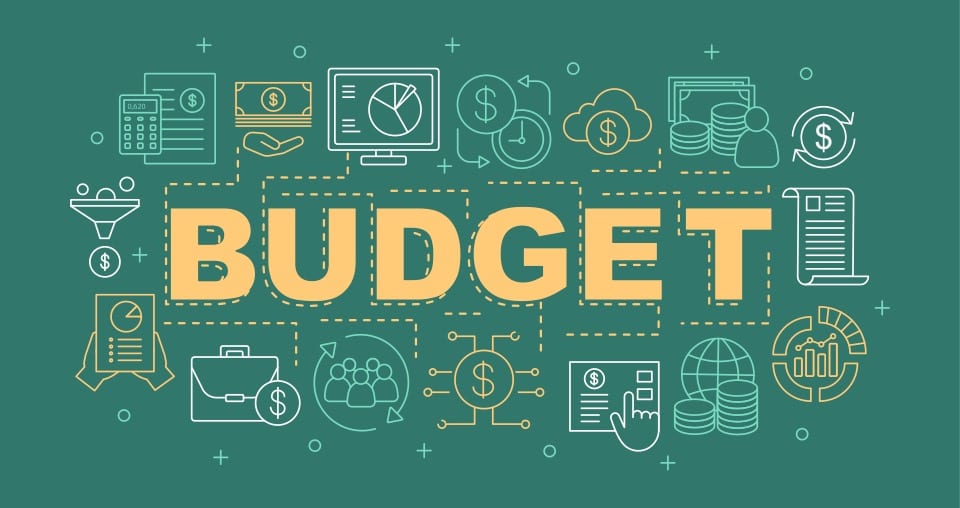Being a Generation X person myself I can reflect on my habit-forming school years and see some of the big gaps in education, in particular financial management. I have to wonder if this is a major contributor to the generally ‘lacking’ of financial management in SME’s today. Or is the problem originating from a mindset that this is boring, distasteful ‘chore-like’ tasks? If so, I get it, I really do.
In the corporate world, it is normal to have an annual budget, which is then scrutinised with quarterly forecasts. If I insisted that SME’s should follow the same path I think there is a significant chance that I would be hit with a frying pan. But maybe the “Budgcast” is the happy middle ground.
There are two big milestones in my 12-month calendar, and we are just about to hit one of them. In the new year, we set out a 12-month strategic plan. In the new financial year (now), we set the new financial budget.
Not sold on the idea yet? You don’t have to, maybe you never have, but here are some top reasons why a budget could benefit you:
- To Inspire – The fastest and easiest way to make money is to do so firstly on paper: this starts with the budget. Tweak the numbers and imagine what is possible if you could change the product margins, the overheads, the sales revenue etc.
- Sound Decision Making – In a year like we have just had, it was not possible to predict revenues and costs. For those who did have a budget, fresh forecasts would have been generated and in so doing they gained better insights into the financial drivers of the business. Most importantly they could be more proactive about their financial management.
- Funding – If a business has reasonable growth expectations then there is a good chance that funding will be required. Without a reasonable budget and forecasting ‘know-how’ in place, the chance that your bank will lend you funds is significantly reduced.
- Team Engagement – Have you been exposed to, or are you following, any ‘open-book’ or ‘profit-sharing’ methodologies? If so (and most businesses should be), then budgets and re-forecasting should be standard 101 practices in your business.
So just in case, you have already Googled Budgcast or the verb: Budgcasting, good luck, I just made the word up. I made it up as I believe the description matches what should be the practice. Simple as it is, here is how it works: [1] create your 12-month budget. Save a copy of this so that you do have a reference point [2] simply amend your budget every quarter according to how the year is panning out.
Creating your budget in the first place may be the biggest hurdle to overcome. If so, and you have not created one before then just make a start. Xero has easy to use budgeting modules, and alternatively, Google is littered with budgeting templates. With my clients, I use the custom made 1-page ‘Financial Plan’ – easy to use and understand and most importantly gives you a different look of your financials that more accurately shows your true profitability but also facilitates open-book management in your business.
Next steps: Simple, get going with your new financial Budgcast.













